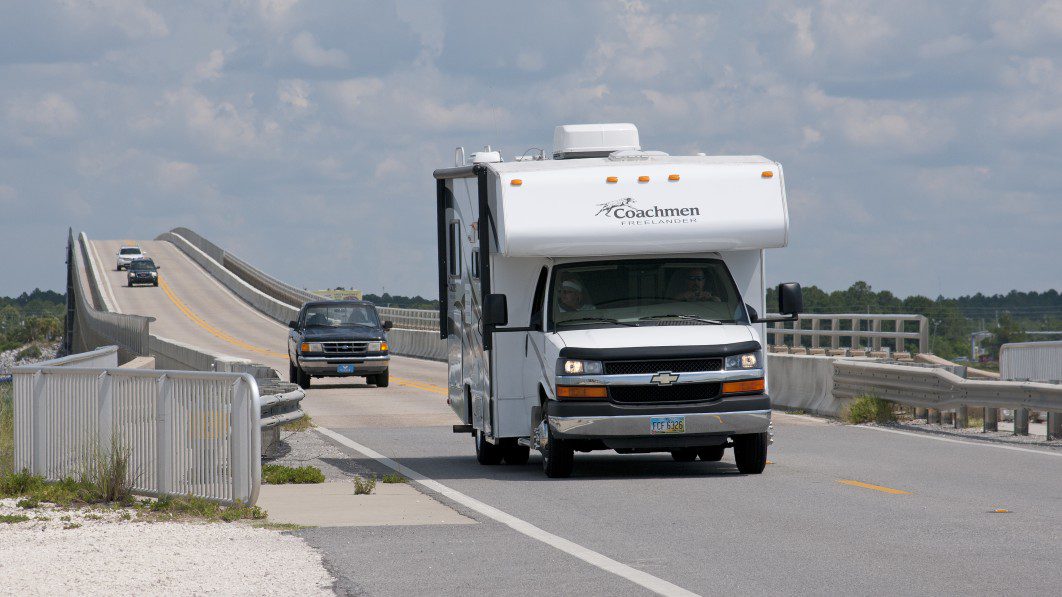Gas prices take toll on RV owners, but sales are as high as ever

In 2021, RV sales hit a record high as people sought travel options involving the great outdoors. According to the Recreational Vehicle Industry Association (RIVA), manufacturers shipped an unprecedented 600,240 RVs last year, a 39% increase from the previous year. This year, however, RV owners are faced with a new dilemma: gas prices.
Gas prices are at an all-time high despite record profits from oil companies. Shell posted a record $9.1 billion in the first quarter of 2022, tripling their profit from the same period in 2021, while ExxonMobil made $9.3 billion in Q1, their biggest windfall in seven years. Meanwhile, oil companies receive $30 billion in taxpayer subsidies from the U.S. government.
Unfortunately, those profits are unlikely to trickle down to RV owners, who are forced to reckon with price shock at the pump. RIVA says the average RV owner travels 4,500 miles a year, which amounts to a significant chunk of change considering fuel rates are at a national average of $4.97 per gallon right now, according to AAA, a 62% increase since one year ago.
The largest Class A motorhomes get only around 8-10 mpg. The smallest RVs, Class B vehicles like modified Sprinter vans, get 18-25 mpg. The RV enthusiast site Outdoor Miles surveyed 700 owners and learned that gas prices will impact 75% of them. About 37% they would take fewer trips, 27% said they would travel as planned but cut back elsewhere. One owner interviewed by WBTV said he’s stopped towing his own vehicle with his RV and will instead rent one when needed.
On the other hand, the survey revealed that 24% of RV owners say that fuel prices will have no impact on their plans. In fact, RIVA reports that through April, the most recent month of data, year-to-date RV shipments in 2022 have thus far outpaced 2021 in every month.
Part of the issue could be that, as with cars, there was a shortage of RVs last year due to the tremendous demand. Outdoor Miles states that RV dealer inventories are at 40% below normal, with some owners waiting a year to take delivery. Compared to 2019, there are now 4.4 million more households who own an RV.
“If someone recently bought an RV, they’re not going to just park it all summer,” said Kevin Long, CEO of camping app The Dyrt. “But maybe they’ll save that cross-country road trip of a lifetime for 2023.”
Related video:







